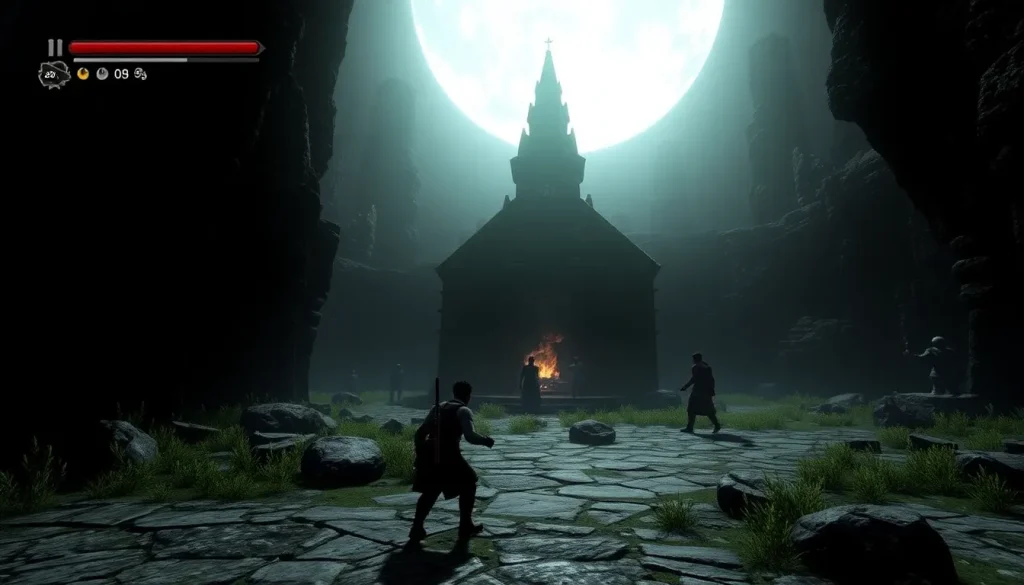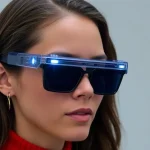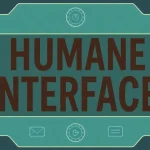Nintendo faces Pocket Souls mod for Dark Souls 3 backlash

Nintendo, the venerable giant of the gaming industry, has long been recognized for its innovative consoles and beloved franchises. Established in the 1980s, it continues to thrive while many others have exited the market. With the Nintendo Switch leading sales against competitors like the PS5 and Xbox Series X/S, Nintendo is not just a gaming company but a powerful entity that fiercely protects its intellectual property. However, its recent legal battles, especially against the game Palworld from Pocketpair, could potentially backfire due to its stance on mods, particularly the Pocket Souls mod for Dark Souls 3. This situation could threaten Nintendo's claims and patents, raising questions about the future of both games.
Nintendo's ongoing legal battle with Palworld and the implications of Pocket Souls
Nintendo's legal action against Pocketpair's Palworld revolves around alleged patent infringements. The company accused Palworld of mimicking key aspects of its games. In a surprising turn of events, Pocketpair has mounted a robust defense, suggesting that Nintendo's accusations are unfounded. Unlike previous cases where Nintendo quickly triumphed, this time it seems they are facing a formidable opponent.
As this dispute unfolds, it has come to light that Pocketpair is leveraging the existence of mods to support its argument. Notably, the Pocket Souls mod for Dark Souls 3 allows players to capture creatures and utilize them in combat, reminiscent of Pokémon mechanics. This similarity highlights a broader issue: if mods can utilize similar gameplay mechanics without legal repercussions, how can Nintendo justify its claims against Palworld?
The potential ramifications of Pocketpair's defense strategy
If Pocketpair succeeds in its defense, it could set a significant precedent for the gaming industry. The legal framework surrounding patents is complex, particularly in Japan, where Nintendo holds the patent JP 2023-092953. The implications of this case extend far beyond Palworld, potentially affecting Nintendo's ability to protect its intellectual property in the future.
In Japan, patent law stipulates several requirements for obtaining and maintaining a patent. For instance, an invention must be novel and not publicly available before the patent application. This means that if similar gameplay mechanics have been demonstrated in mods or other games, Nintendo's patent could be challenged.
The potential outcomes include:
- Invalidation of Nintendo's patent, weakening its legal standing in future cases.
- Encouragement for mod developers to create freely without fear of legal ramifications.
- A re-evaluation of how companies protect their intellectual properties, especially in an age of user-generated content.
What if Nintendo wins the lawsuit against Palworld?
A victory for Nintendo could reinforce its aggressive stance on protecting its intellectual property. It might deter other developers from creating games that draw inspiration from Nintendo's franchises. However, this outcome would not be without its challenges.
Winning could also lead to:
- Increased scrutiny of Nintendo's practices and potential backlash from the gaming community.
- Encouragement for further legal actions against modders and smaller developers.
- Calls for clearer regulations regarding the legality of mods and their relationship to original games.
The changing landscape of gaming patents and mod culture
The ongoing legal battles illustrate a critical intersection between gaming culture and intellectual property law. With the rise of modding communities, many players are increasingly vocal about their rights to modify and enhance their gaming experiences. This shift has prompted companies to reconsider how they approach software modifications.
Several notable cases highlight the evolving landscape:
- Garry's Mod: Nintendo previously filed DMCA takedown notices against mods related to their games, highlighting their aggressive stance on protecting their IP.
- Breath of the Wild Multiplayer Mod: Nintendo successfully halted the development of a multiplayer mod for one of its flagship titles, showcasing its willingness to act against perceived threats.
- Steam Workshop: The company has removed numerous mods from Steam Workshop, reinforcing its commitment to controlling its intellectual property.
The debate surrounding mods and patents is likely to intensify as more developers and gamers engage with these issues. The outcome of Nintendo's battle with Palworld may serve as a pivotal moment that shapes the future of modding in the gaming world.
Conclusion
The ongoing legal conflict between Nintendo and Pocketpair over Palworld raises significant questions about intellectual property rights and the future of gaming mods. As the case unfolds, both developers and gamers will be watching closely to see how the results could influence the industry at large. The implications of this legal battle could redefine the relationship between game developers and the modding community, ushering in a new era of collaboration—or conflict.
For a deeper understanding of the situation, you can check out this detailed analysis:




Leave a Reply